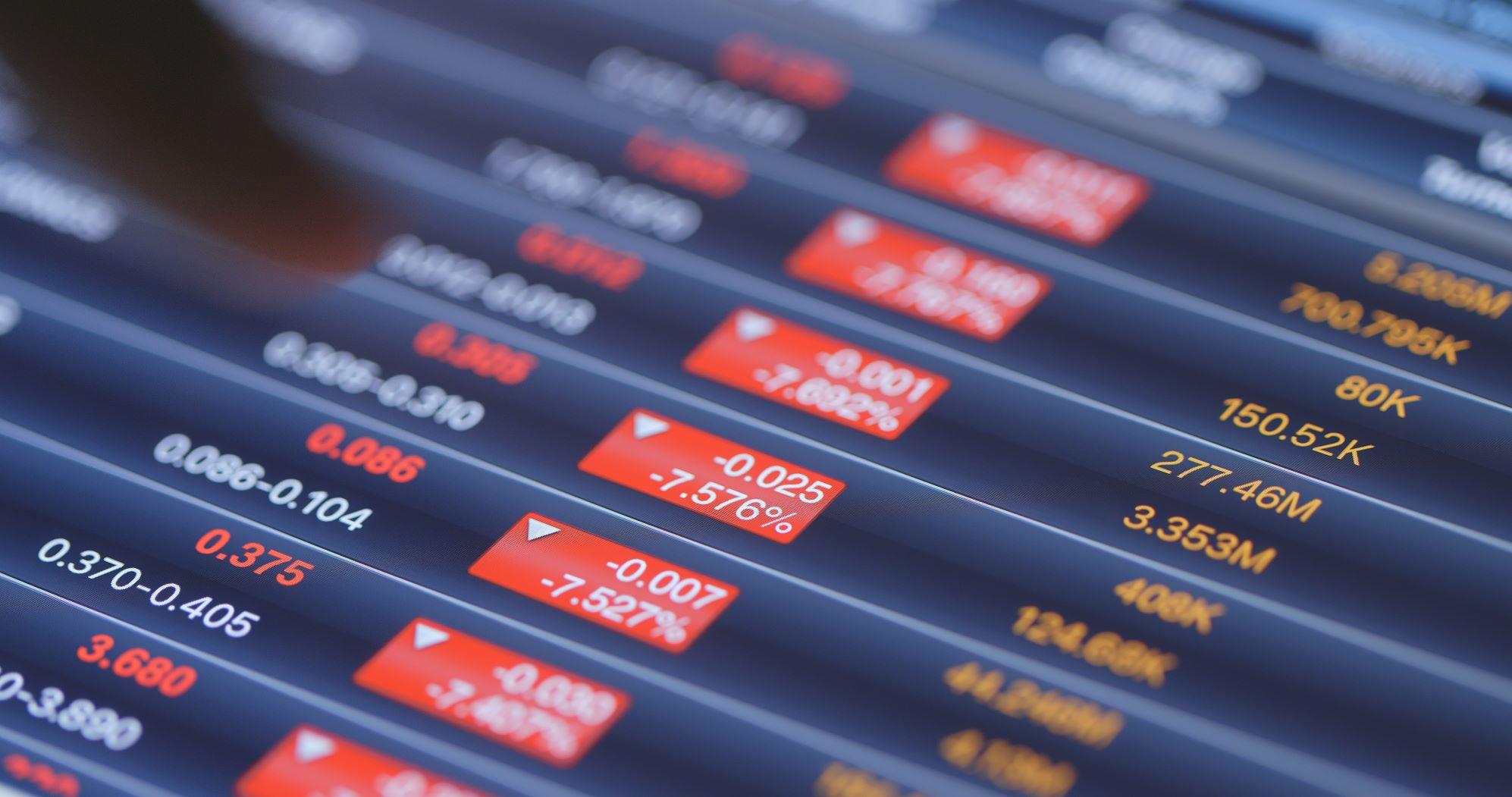This website is strictly for educational purposes and is not intended to provide specific legal, financial, or tax advice. Phil Cannella and Joann Small are licensed professionals in the insurance industry. Crash Proof Retirement, LLC. does not recommend or sell securities to anyone at any time. Any interviews conducted by Retirement Media, Inc ®. published on this website are not to be considered endorsements. Crash Proof Retirement, Crash Proof Retirement Show, and Retirement Media, Inc. ®, and all related uses, are federally trademarked with the United States Patent and Trademark Office. Any company or individual found violating these federal trademarks will be vigorously pursued through all available legal avenues and penalized to the fullest extent of the law. © 2024 Crash Proof Retirement, All Rights Reserved.

Global Banks and Economists Predict a Recession within the Next Year
- May 2, 2022
- Phil Cannella
- Blog
- 0 Comments
The U.S. economy mounted an artificial recovery following the COVID crash in 2020. Since January 3rd, the stock market has fallen in and out of correction territory causing economists and global banks to believe that the period of record-high stock prices is coming to an end. In early April, Deutsche Bank was the first bank on Wall Street to predict a recession brought on by a combination of rampant inflation and higher interest rates.
Since then, other banks and economists have followed suit. Analysts at Goldman Sachs compared current economic conditions to those of the 1970s, when skyrocketing energy prices led to a period of stagflation. Moody’s Analytics chief economist Mark Zandi believes that the market volatility created by Russia’s invasion of Ukraine will make stagflation and a recession both “serious threats.” Former Federal Reserve Governor Lawrence Lindsey even predicted that a recession could occur as early as the Summer of 2022, and that the Federal Reserve’s current efforts to control inflation will not be effective.
How Severe of a Recession Will We Experience?
When the Fed announced that they would be tapering their Quantitative Easing program and raising interest rates in 2022, the risk of creating a recessionary environment increased exponentially. The question currently on everyone’s mind is when will a recession begin and how severely will it impact the economy. Some experts believe it could start in the latter half of this year when global food shortages are projected to become more prevalent due to the war in Ukraine. Others believe that we may start seeing the economy slowdown in 2023 but based on the decline in real Gross Domestic Product (GDP) in the first quarter of 2022, a recession could begin as soon as July if GDP declines again the quarter two.
Indicators of a Coming Recession
Although the Federal Reserve is aiming for a “soft landing” with the hopes of avoiding a recession, their past mismanagement of inflation suggests that this outcome is unlikely. As was the case in the 1970s, high inflation and rising interest rates are both good indicators that a recession is right around the corner. Another good indicator is the treasury bond yield curve — a metric that plots bond yields over time. When long-term treasuries are worth more than short-term treasuries, the yield curve is considered normal; when short-term treasuries overtake long-term treasuries is the curve is considered “inverted.” An inverted yield curve is always a bad sign as it indicates there is more economic risk in the short term, and when this occurs, a recession has historically followed within the next 6-14 months. For example, we saw an inverted yield curves in the United States in 2019 (followed closely by the COVID-19 crash and 2020 recession) and in 2006 (preceding the 2008 economic crisis and recession). The treasury bond yield curve inverted again during the first week of April 2022 for a few days, and because the yield curve has accurately predicted the last six recessions, it seems likely that a recession could occur within the next year.
Protecting Your Retirement Savings from the Next Recession
If you are currently retired or you will be retiring in the next few years, a recession could be devastating to your plans. The value of securities-based investments drops rapidly during a recession, which threatens to wipe out the value of your nest egg. You may not even realize that you are invested in securities; some of today’s most popular retirement saving options, including stocks, target date funds, and mutual funds, are tied to the volatility of the stock market. If you are concerned about your financial security during retirement, the best thing to do is eliminate risk from your portfolio. At Crash Proof Retirement, our team of licensed retirement educators has helped over 5,000 consumers find safe alternative investment options that exist outside of Wall Street’s risky business. We call them Crash Proof Vehicles, and not only are they guaranteed to prevent you from losing your principal during a stock market crash, they also credit interest at rates similar to securities-based investments. If you would like to find out more about these revolutionary Crash Proof Investments, call Crash Proof Retirement today at 1-800-722-9728 or fill out the online form on our contact page.


Leave a Reply
You must be logged in to post a comment.